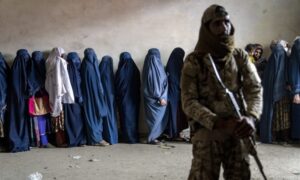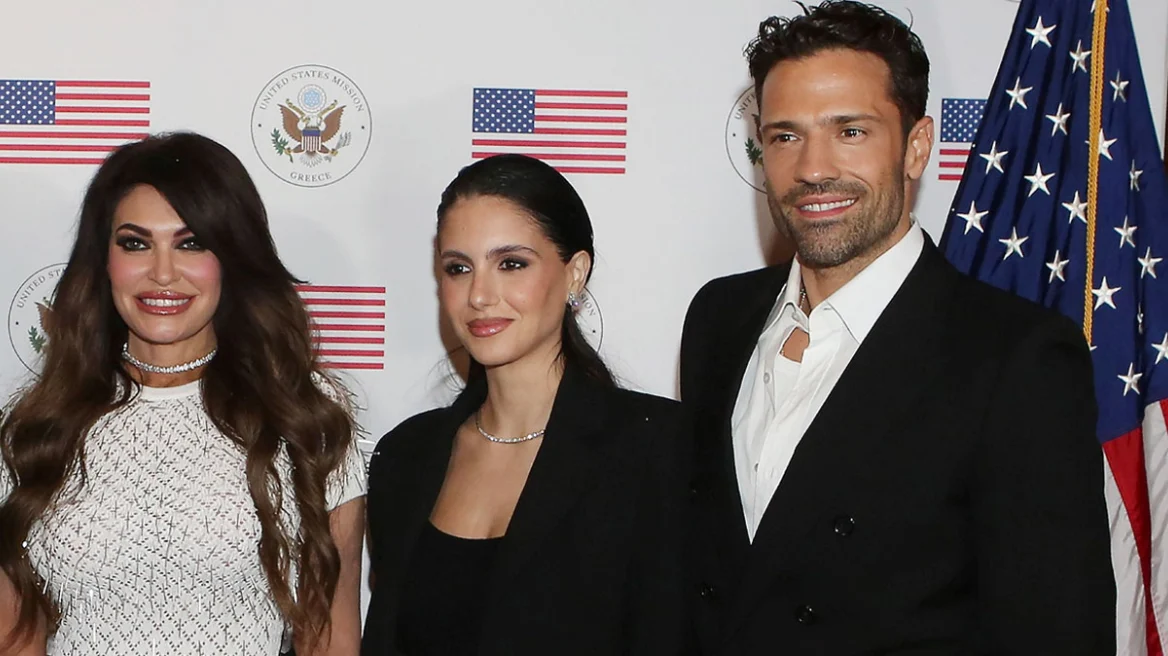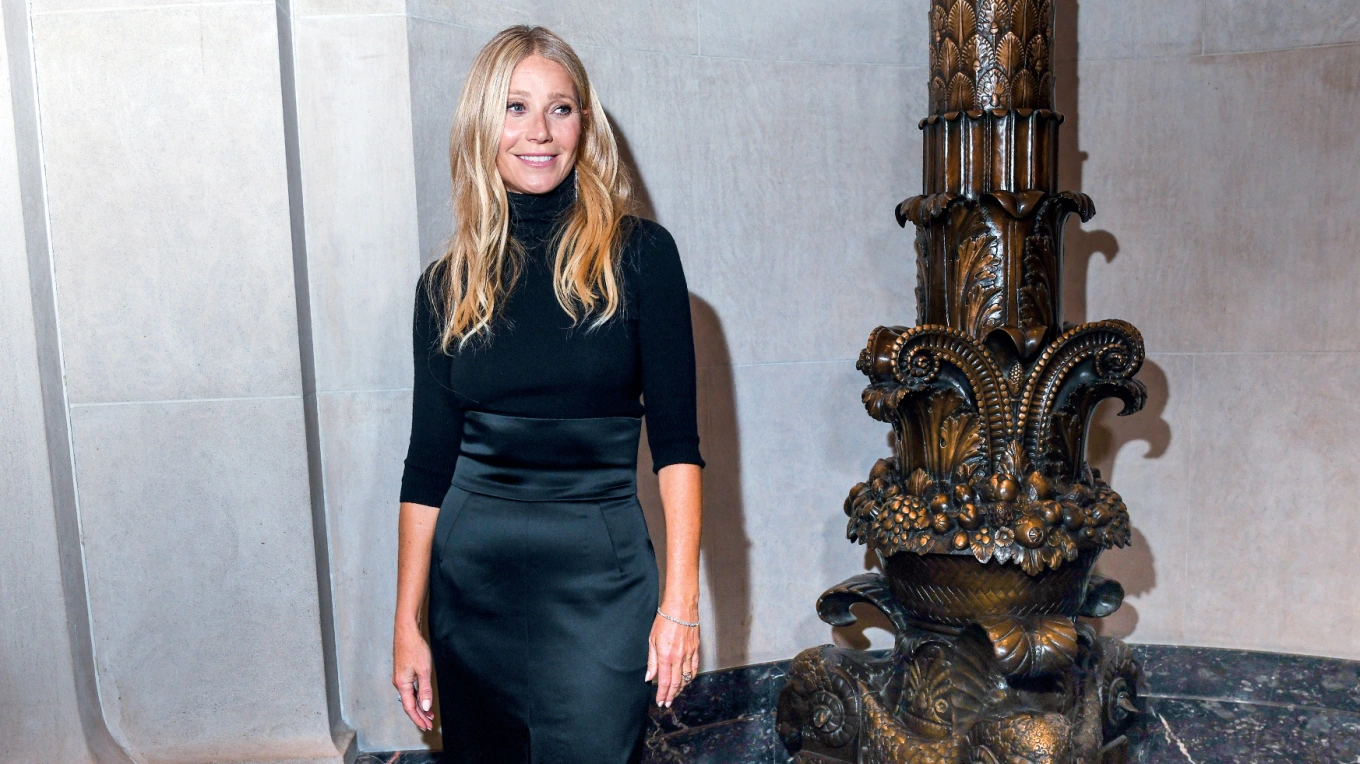The United Nations today called on the Taliban, who wield power in Afghanistan, to revoke a ban on the employment of women in NGOs, saying it was “deeply” concerned by this recent announcement.
Since the Taliban’s return to Kabul in August 2021, women have been gradually driven out of public life, with the UN calling it “gender apartheid”.
“I am deeply concerned by the recent announcement by the de facto authorities in Afghanistan that the licenses of the NGOs will be revoked if they continue to employ Afghan women. It is really a step in the wrong direction,” UN High Commissioner for Human Rights Volker Turk said in a statement.
Turk said that in a letter dated last Thursday, the Taliban’s economy ministry instructed national and international NGOs to comply with a decree issued two years ago banning them from employing Afghan women.
“No country can progress – politically, economically or socially – by excluding half of its population from public life,” he said. “For Afghanistan’s future, the de facto authorities must change course.”
“The humanitarian situation in Afghanistan remains dire, with more than half of the population living in poverty. The NGOs play an essential role in providing vital assistance to the women, men, girls and boys of Afghanistan and this measure will have a direct impact on the population’s ability to receive humanitarian assistance,” Turk added.
“I appeal once again to the de facto authorities in Afghanistan to repeal this deeply discriminatory decree, as well as all measures aimed at eliminating women and girls’ access to education, employment and public services, including health care, and restricting their freedom of movement.”
Right now, Afghan women can no longer receive education beyond the primary school level, go to parks, gyms, beauty salons, and almost cannot leave their homes without an escort.
A recent law forbids them from singing or reciting poetry, as part of a particularly strict, as in the case of other directives, application of Islamic law. It also asks them to “cover” their voices and bodies when outside the home.
Some local radio and television stations have also stopped broadcasting women’s voices.
The Taliban government, for its part, claims that Islamic law “guarantees” the rights of men and women in Afghanistan.
Ask me anything
Explore related questions





